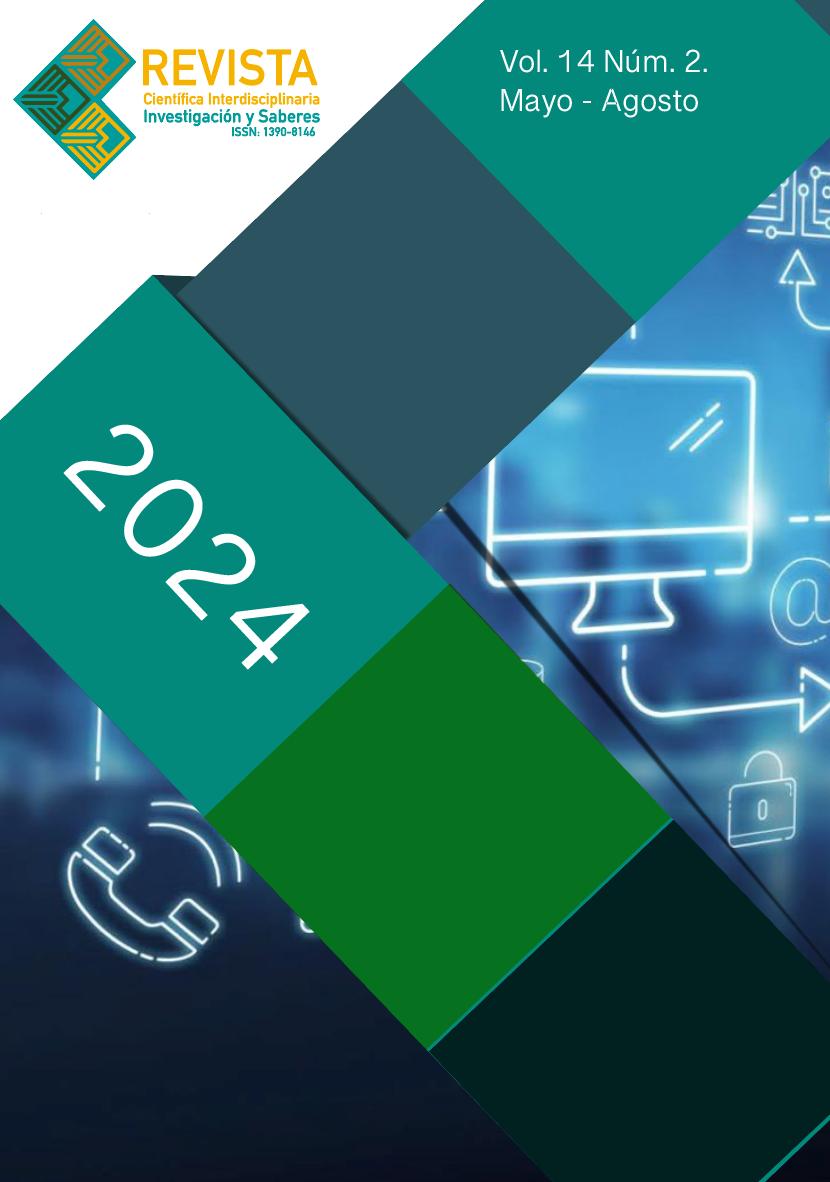Analysis of situations and post-surgical complications in cholecystectomy: an Ecuadorian society approach
Contenido principal del artículo
Resumen
Cholecystectomy is a surgical intervention performed with the aim of removing the gallbladder, using different laparoscopic techniques, the intervention is performed with the application of a video camera and special materials without the need to open the patient's abdomen. To carry out a bibliographic review of the scientific literature on post-surgical complications in cholecystectomy in Ecuador. A documentary study of literature review was carried out using a qualitative approach, with a descriptive design through the analysis and compilation of relevant information from scientific and academic sources. For the search for information, we worked with the databases Scopus, Pubmed, Web of Science and the library of the Catholic University of Cuenca. Post-surgical complications of cholecystectomy are related to sociodemographic factors, i.e. intrinsic factors such as age, sex, comorbidities and others, and extrinsic factors related to the surgical process. The most frequent post-surgical complications in laparoscopic cholecystectomy are: nausea, vomiting, wound infection, jaundice preceded by pancreatitis, choledocholithiasis, while in open cholecystectomy they are: nausea and vomiting, lower abdominal pain, gastritis, jaundice, diarrhoea, irritable bowel syndrome.
Detalles del artículo
Sección
La revista brinda acceso abierto inmediato a todo su contenido sobre el principio de que hacer que la investigación esté disponible de forma gratuita para el público para apoyar un mayor intercambio global del conocimiento.
De esta manera, el lector/a puede acceder a todos los contenidos de la revista desde el momento de la publicación sin coste ni obligación de suscripción.
La revista ienen licencia bajo el acuerdo de licencia internacional Attribution-NonCommercial-ShareAlike 4.0 International (CC BY-NC-SA 4.0). Los/as autores/as retienen los derechos de autor y se permite a terceros copiar, distribuir y hacer uso de los trabajos siempre que cumplan con los términos y condiciones establecidos por dicha licencia
- citar la autoría y la fuente original de su publicación (revista, editorial y URL de la obra).
- No se usen para fines comerciales.
- Si remezcla, transforma o crea a partir del material, deberá difundir sus contribuciones bajo la misma licencia que el original.
Puede encontrar más información al respecto en https://creativecommons.org/licenses/by-nc-sa/4.0/deed.es.
La Revista declina cualquier responsabilidad sobre posibles conflictos derivados de la autoría de los trabajos que se publican.

